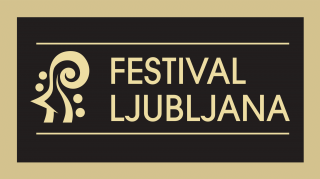Important information
Programme:
Wolfgang Amadeus Mozart: Symphony No. 38 in D major, K. 504, “Prague Symphony”
***
Pyotr Ilych Tchaikovsky: Symphony No. 6 in B minor, Op. 74, “Pathétique Symphony”
With its televised New Year’s concerts broadcast to ninety countries around the world, the Vienna Philharmonic has assured itself a place as one of the most recognisable orchestras in the history of classical music. While its name may be linked above all to the festive rhythms of the ever popular waltzes of the Strauss family, the orchestra’s main mission, ever since 1842, has been to ensure the finest possible interpretations of the greatest works in the classical repertoire. It achieves this above all through a rigorous yet democratic method of selecting new members of the orchestra, which is exclusively comprised of musicians employed at the Vienna State Opera. Even conductor Franz Welser-Möst first had to prove himself as music director of the State Opera before being welcomed into the ranks of the Philharmonic. Over the past two decades, he has become one of the orchestra’s closest collaborators, while he is best known to the general public as the reformer of concert life in Cleveland, Ohio, where his innovative approach has significantly rejuvenated the audience of the Cleveland Orchestra. One of the ways in which Welser-Möst has popularised canonical works is through thoughtfully devised concert programmes: Wolfgang Amadeus Mozart’s “Prague Symphony“is one of the jewels of the Classical period, while the Pathétique is a symbol of the high Russian musical Romanticism of Pyotr Ilyich Tchaikovsky. The programme thus presents a rarely seen contrast between two popular symphonic works: while Mozart’s creation brims with joy and hope for the future, Tchaikovsky’s could almost be described as the composer’s farewell to life.









